Minding the Gaps: Neuroethics, AI, and Depression
NonProfit Quarterly
MARCH 24, 2025
1 AI promises to help scientists leverage massive datasets and brain simulations to test new diagnoses and treatments at scalewithout the need for risky or costly human participation. Problems of cost, of course, are rooted in economic injustice, racial injustice, and the commodification of profit-motivated healthcare in the United States.

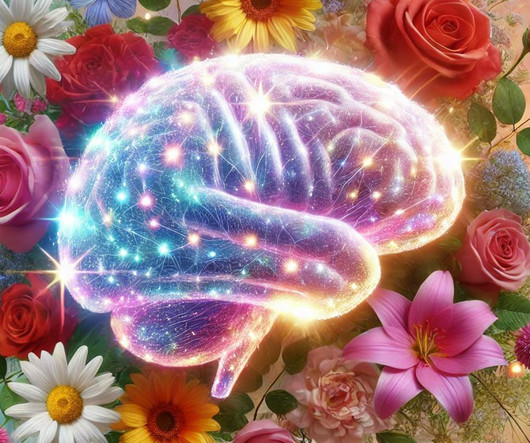
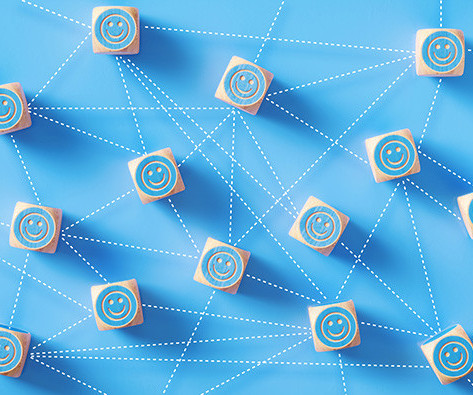
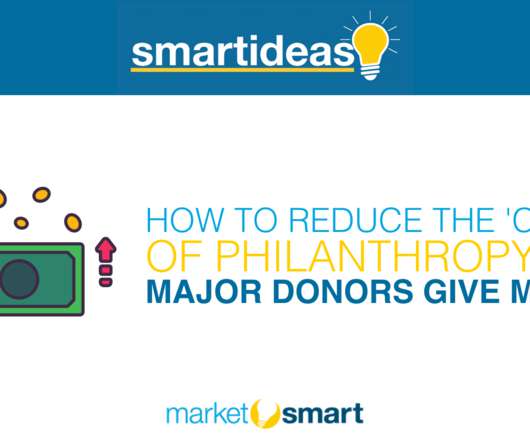
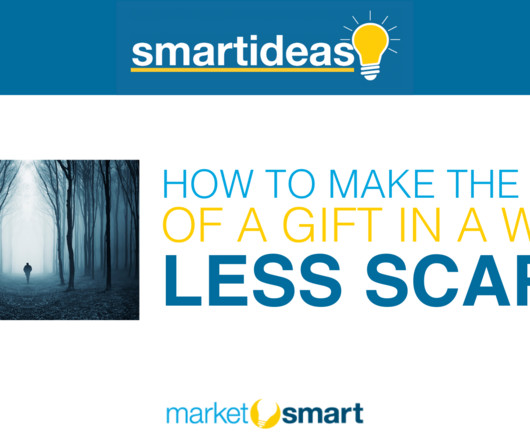
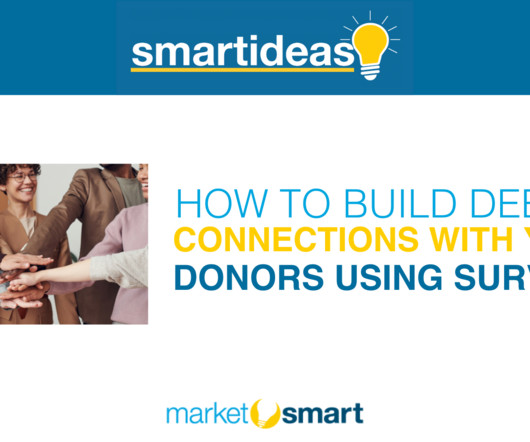
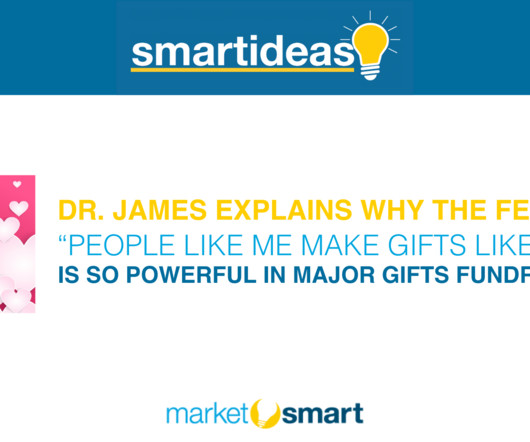






Let's personalize your content